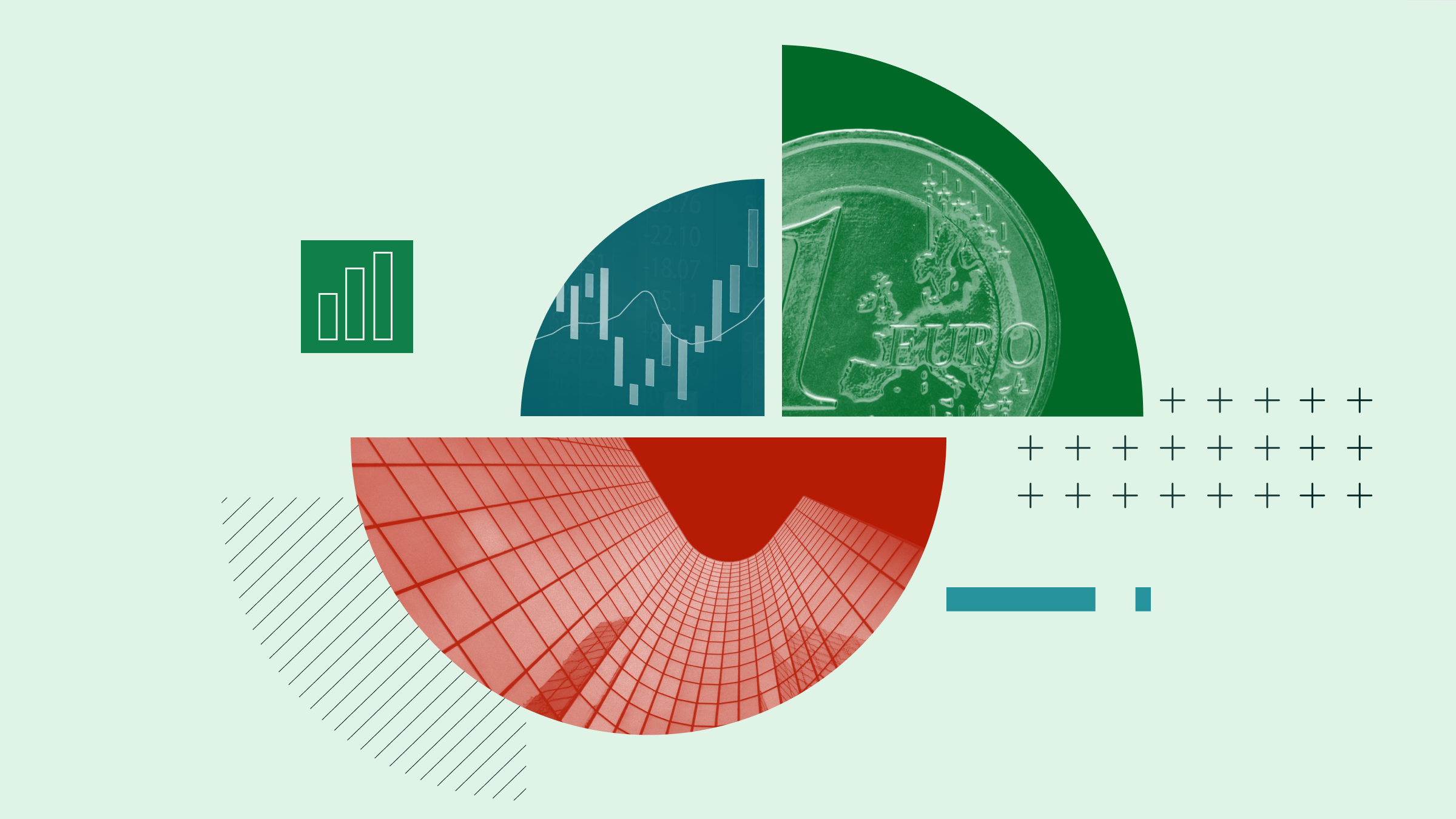Jon Hale: Hi, I'm Jon Hale, head of sustainable investing research at Morningstar. With me today is Karin Anderson, a director of manager research and an expert on fixed-income strategies.
Karin, thank you for joining me.
Karin Anderson: Thanks very much, Jon.
Hale: Karin, you and your colleagues recently published a report on sustainable fixed-income funds. Can you start us off by just telling us a little bit about the main takeaways that you had from that report?
Anderson: Yeah, of course. We were very interested to take a closer look at this space because it's clearly been changing quite a bit in the past few years. There aren't as many sustainable fixed-income funds out there compared to in the equity space. But there's certainly been a lot of development recently. We've heard a lot of larger asset managers are trying to step up their ESG capabilities, some of them making some pretty clear commitments to sustainable fixed-income offerings in the next few years. So, we decided to speak with many of them. I think we did about 12 conversations with these companies to find out exactly how they were going about this.
Hale: You noted a range of approaches in the paper to ESG investing taken by various asset managers. Can you outline some of those for us?
Anderson: Sure. We identified three clear strategies in this space. So, those are ESG Consideration, ESG Focus, and Impact Investing. So, the first one, ESG Consideration, is sort of the lightest form of this. Essentially, ESG data is available to portfolio managers who use it as they will. So, this information doesn't necessarily make or break every investment decision, but they have it at their disposal. The second form is ESG Focus. So, this is a higher commitment to ESG investing. So, typically, we see ESG factors having an impact on security selection, on up to overall portfolio construction. So, of course, this is a much purer form of ESG investing. There are many styles that fall under that umbrella. It was quite interesting to learn about all those. But a lot of them tend to focus on best-in-class companies or securities or even countries to form up the overall portfolio. The third type is Impact Investing. So, a lot of people have heard of green bonds these days. Those types of funds typically focus on those to a fair extent, but they may also have some sort of a social goal. In the end, Impact Investing funds are trying to deliver some sort of social or environmental goal alongside a financial return.
Hale: Right. And so, the three, sort of, shake out as like: Consideration--a little bit of a lighter approach, as you said--with a more comprehensive approach towards the Impact side of things.
Anderson: Right.
Hale: Interesting. So, you've been in this space a long time, as far as fixed income is concerned. As you were talking to all these asset managers about ESG, was there anything that jumped out at you that was surprising to you?
Anderson: Sure. These conversations were very interesting in that many firms are really building up their ESG teams right now. I think everybody wants to be able to offer any of these types of strategies that I outlined. But I think maybe the surprising part is just how long the road to standardization will probably be in this space. For one, there are so many inputs that asset managers are using--a variety of third-party data providers. Some are taking that information at face value; some will manipulate it further. Firms are developing quantitative and qualitative frameworks to try to make sense of all this information and then maybe putting their own overlays on this. So, as far as being able to make apples-to-apples comparisons just among this group of sustainable fixed-income funds, that actually seems pretty hard at this point. So, that's why I think we're at Morningstar committed to measuring these funds and evaluating these funds against conventional peers for the time being.
Hale: Well, and certainly, the paper gives folks kind of a primer on what's going on among various asset managers in this area. Karin, thanks so much for being with us today.
Anderson: Thank you.
Hale: For Morningstar, I'm Jon Hale.






:quality(80)/cloudfront-us-east-1.images.arcpublishing.com/morningstar/6BCTH5O2DVGYHBA4UDPCFNXA7M.png)
:quality(80)/cloudfront-us-east-1.images.arcpublishing.com/morningstar/Q7DQFQYMEZD7HIR6KC5R42XEDI.png)













